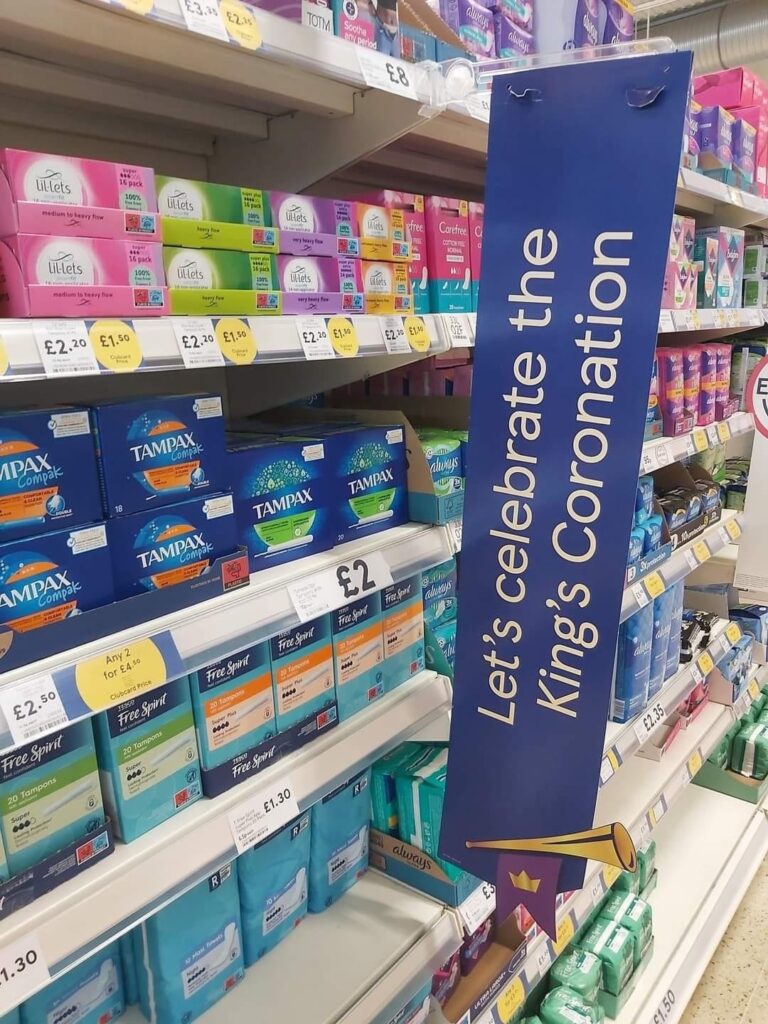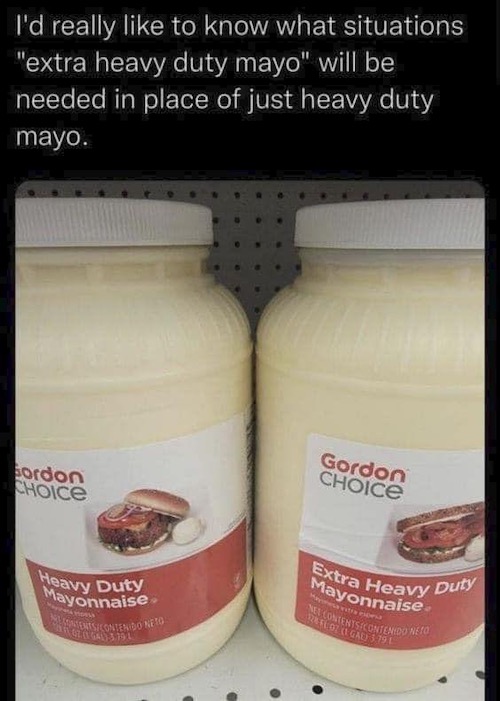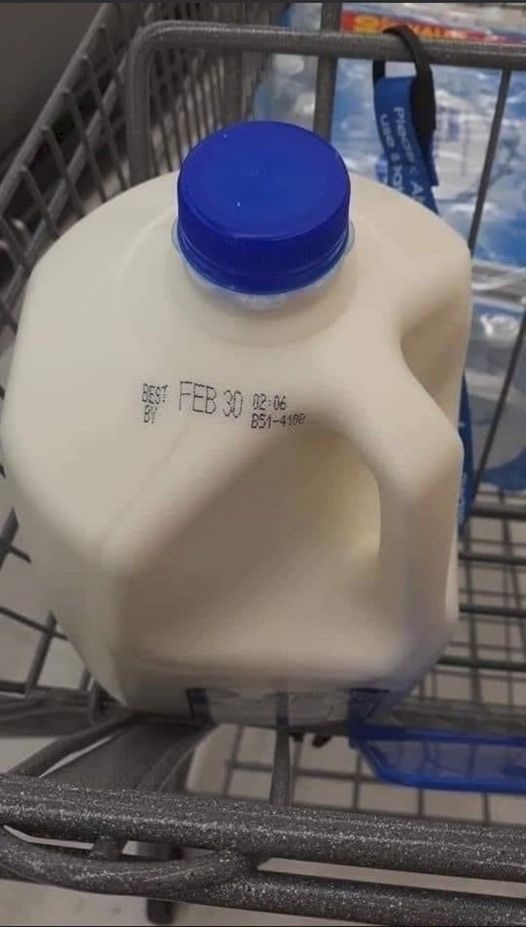In case you don’t remember 1992 or were too young to remember it, this is — if you’ll pardon the pun — a very inside joke.
(You can see a dramatized version of the story in the Netflix series The Crown, in season 5, episode 5, titled The Way Ahead.)
To be fair, it’s a terrible thing to have one’s private conversation with one’s lover broadcast to the world at large. But if it had to happen to two people, why not two terribly unpleasant people — who were both married, and not to each other — who now lead a luxurious life on taxpayer money?
And in case you were wondering, Charles III and Camilla will be crowned as king and queen of the United Kingdom and the other Commonwealth realms this Saturday, May 6th at Westminster Abbey. I suspect I will have better things to do than catch it on TV, but expect any English-themed pubs to be unbearable this weekend.






